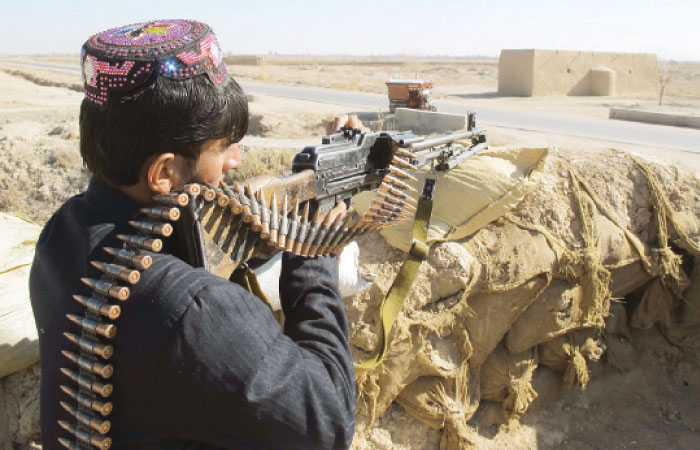U.S. air strikes hit targets in Helmand
USA aircraft carried out two attacks in the district of Sangin in Afghanistan’s southern province of Helmand, overrun by Taliban militants earlier this week, officials say. It sits on crucial smuggling routes for drugs, arms and other contraband which fund the insurgency.
“We need help, we can’t hold them for much longer”, Mr Zamarai said, “It’s not that we are afraid of death, but we didn’t think that our brothers would leave us like this”.
The insurgents are prone to exaggerating its battlefield successes, and Kabul officials denied that Sangin had fallen.
General Abdul Wodud, a senior army commander, said a joint Afghan and North Atlantic Treaty Organisation operation backed by air support had driven the Taliban back from central areas, killing 60 Taliban fighters and wounding 40. A Taliban spokesperson later said: “Sangin district has completely collapsed to the Taliban”.
Acting Defense Minister Mohammad Masoom Stanikzai who described the current fight in Sangin as an imposed one said Wednesday that reinforcement had been sent to the besieged to dislodge Taliban militants from the area.
Districts across Helmand have been threatened by the Taliban in recent months.
Strategically located, and a centre for opium production, Sangin would be a significant gain for the Taliban.
Diane Dernie – whose son Ben Parkinson lost his legs and was left brain-damaged by a bomb in Afghanistan in 2006 – said she felt “Sadness, anger, but most of all a desperate, desperate sense of waste and fear that we are still not learning the lessons and that it’s British troops that are going to pay the price for that failure to learn”.
Just 14 months after British combat troops left the province, Taliban insurgents were in control of all but a handful of government buildings in Sangin’s district centre.
A Taliban claim that they had the district under their control was widely refuted.
“The fighting is ongoing in Sangin, there is no doubt about that”.
On Monday the deputy governor of Helmand complained of a lack of government support in an open letter on Facebook to President Ashraf Ghani.
The “situation is under control” and normalcy is returning to the district, the provincial governor said without giving any details.
“Helmand isn’t falling”, said Javid Faisal, spokesman to Abdullah Abdullah, chief executive of Afghanistan’s national unity government.
Political analyst Waheed Muzhda, formerly an official in the Taliban’s 1996-2001 administration, said the Taliban needed to sort out its leadership problems before it started talking about the peace process. Both took place before midnight.
But the father of a soldier killed in Afghanistan when his vehicle was caught in a suicide blast in 2006 has said nothing can justify sending more troops to Helmand.
However, in response to a VOA query, Taliban spokesman Zabihullah Mujhaid refused to say whether it has chose to come to the negotiating table.








